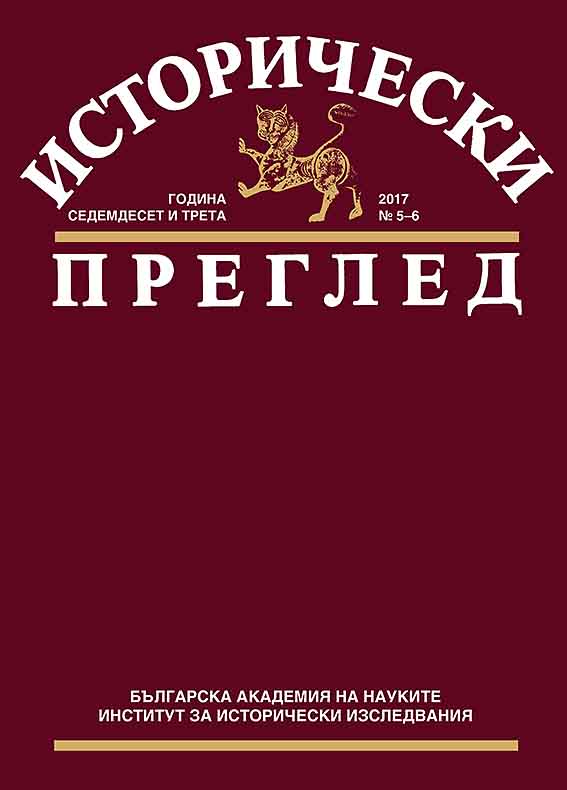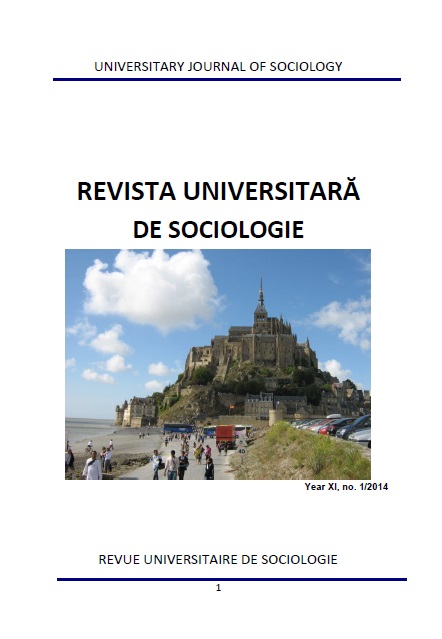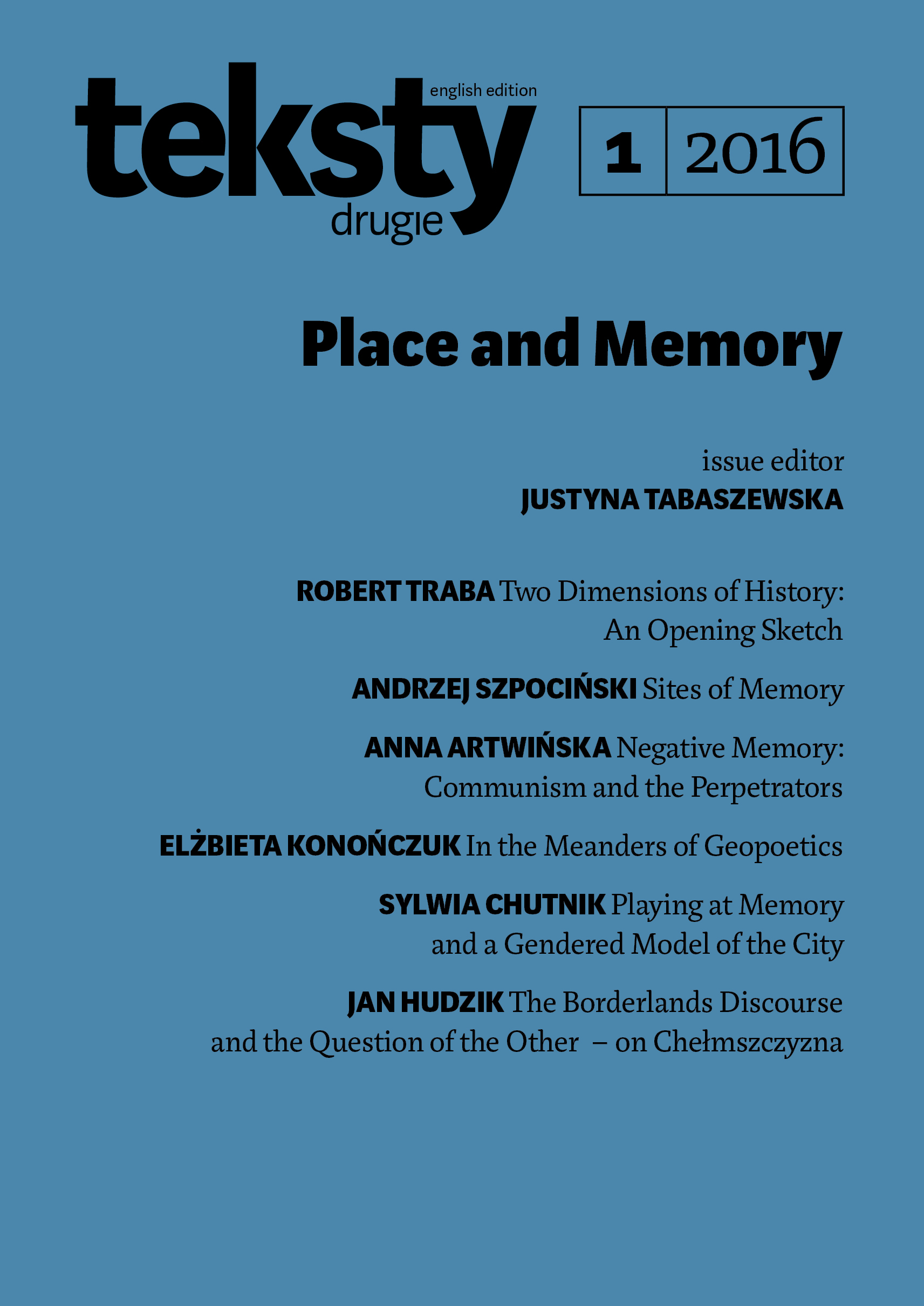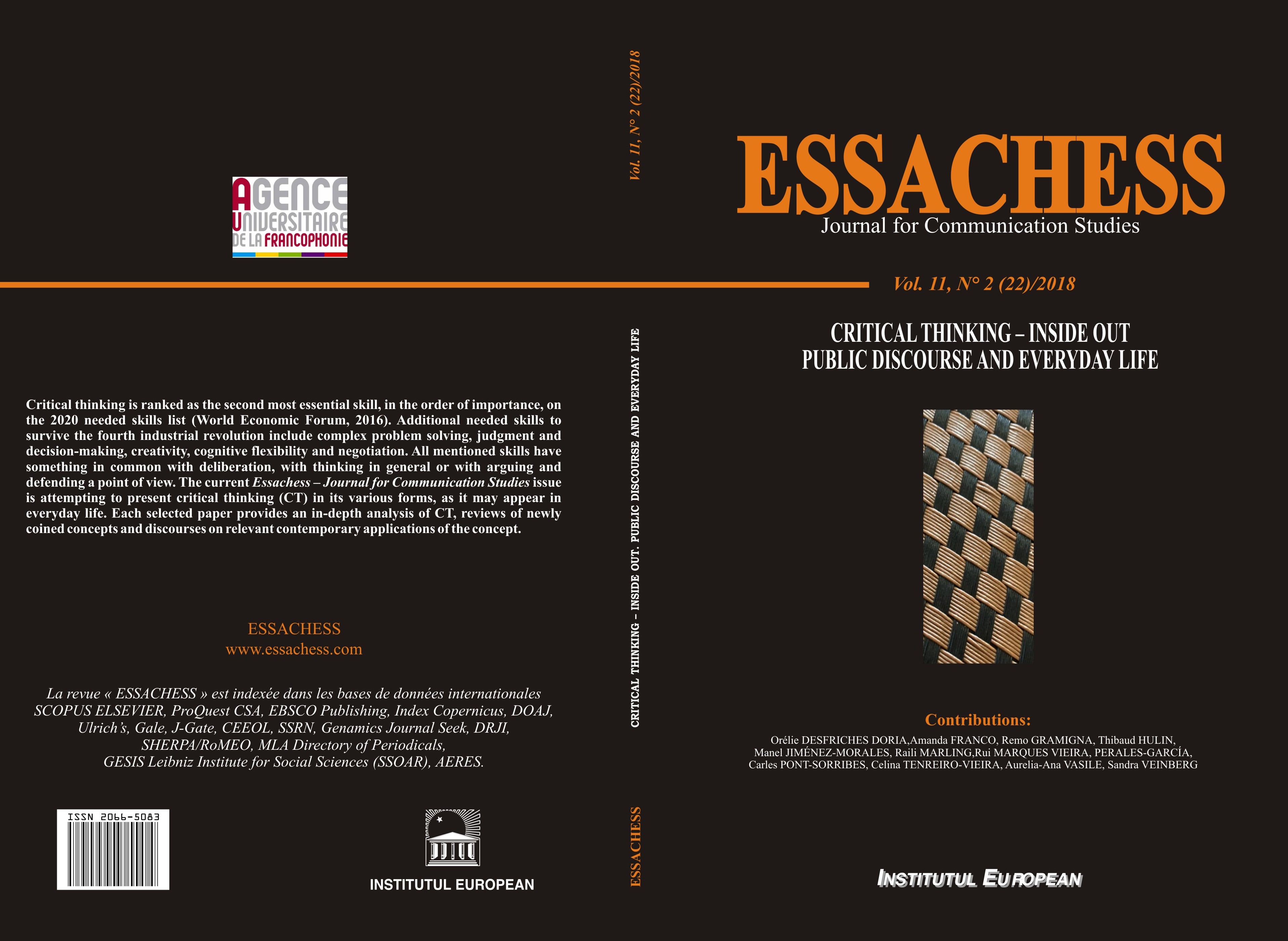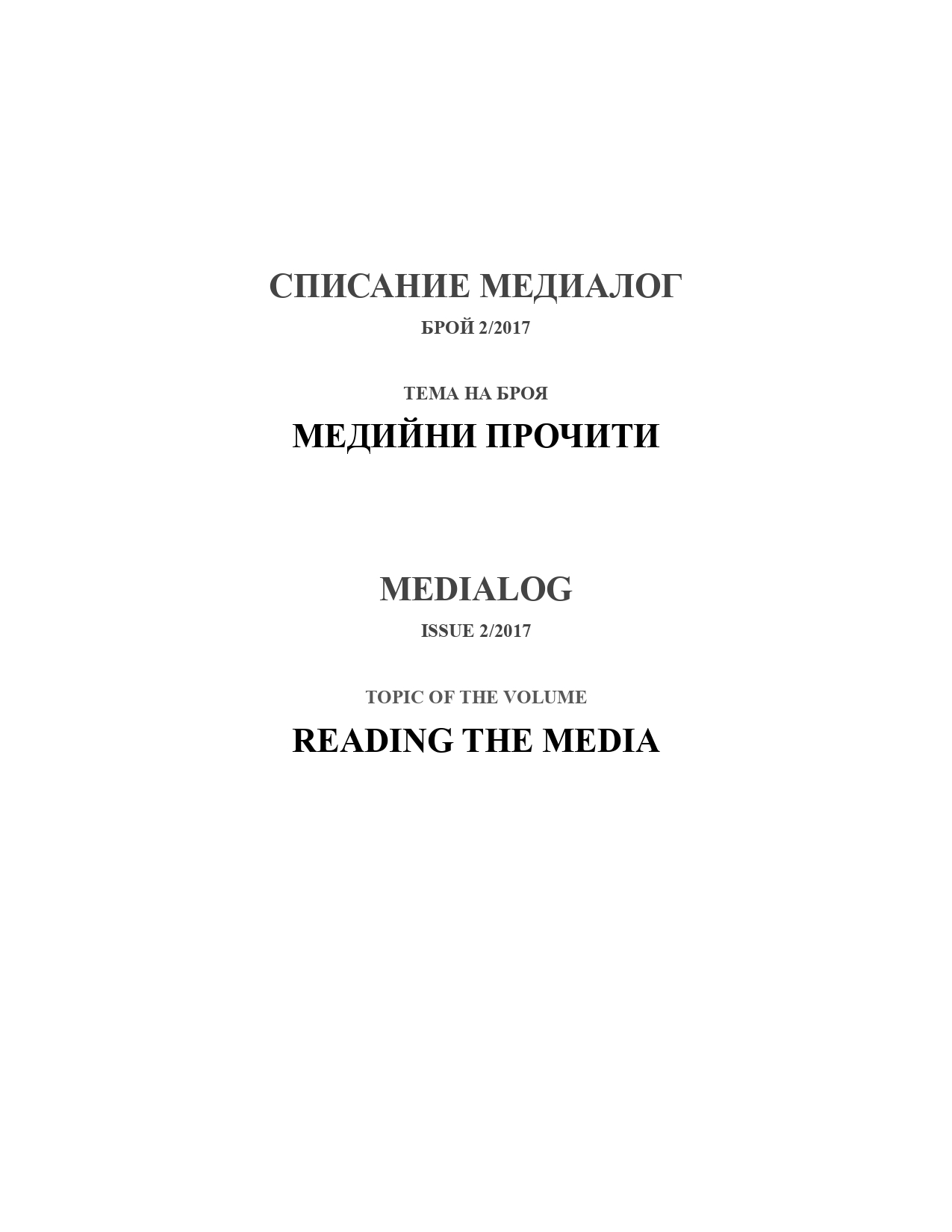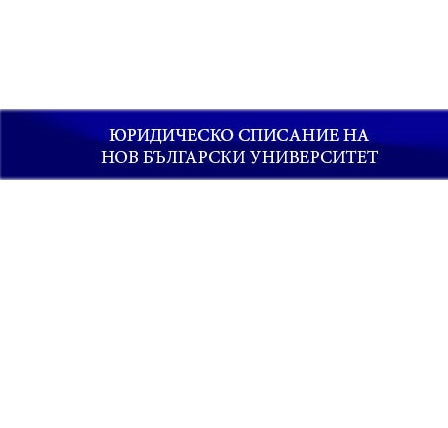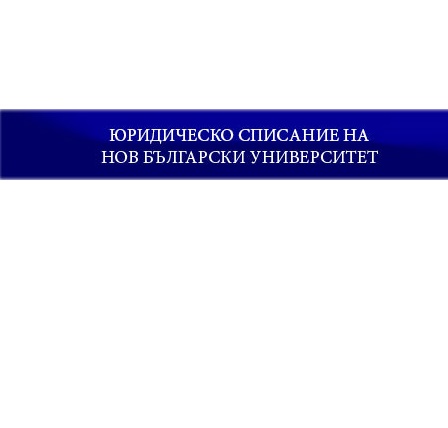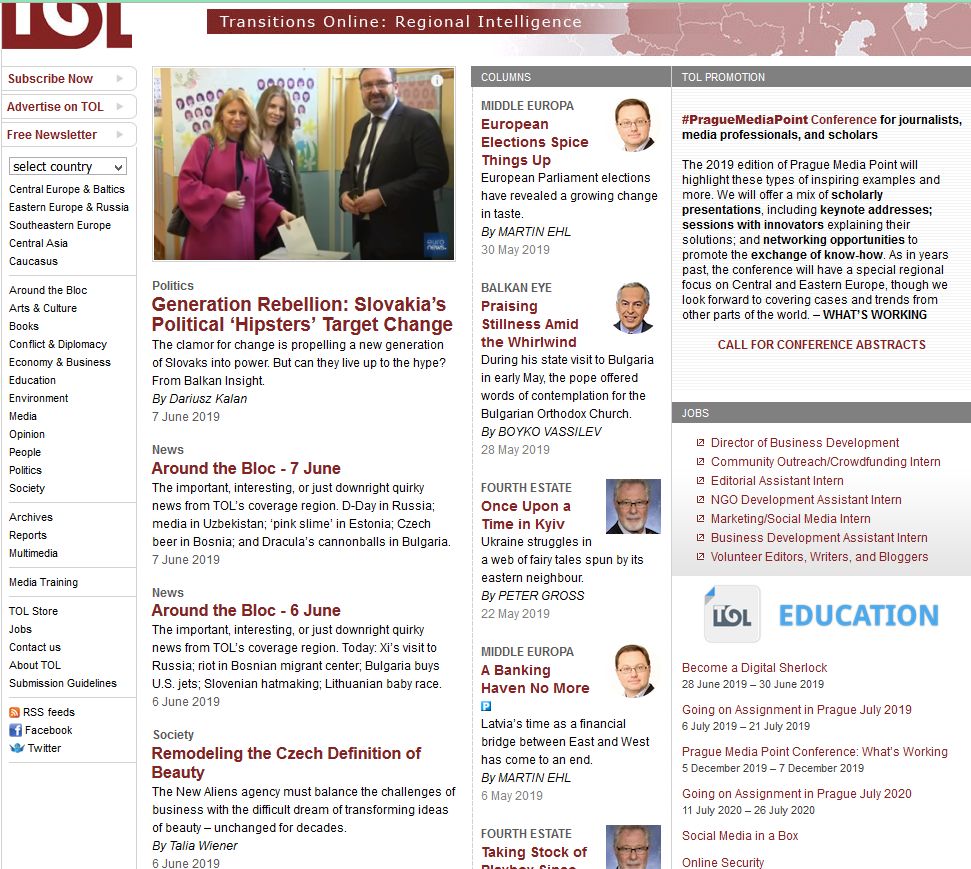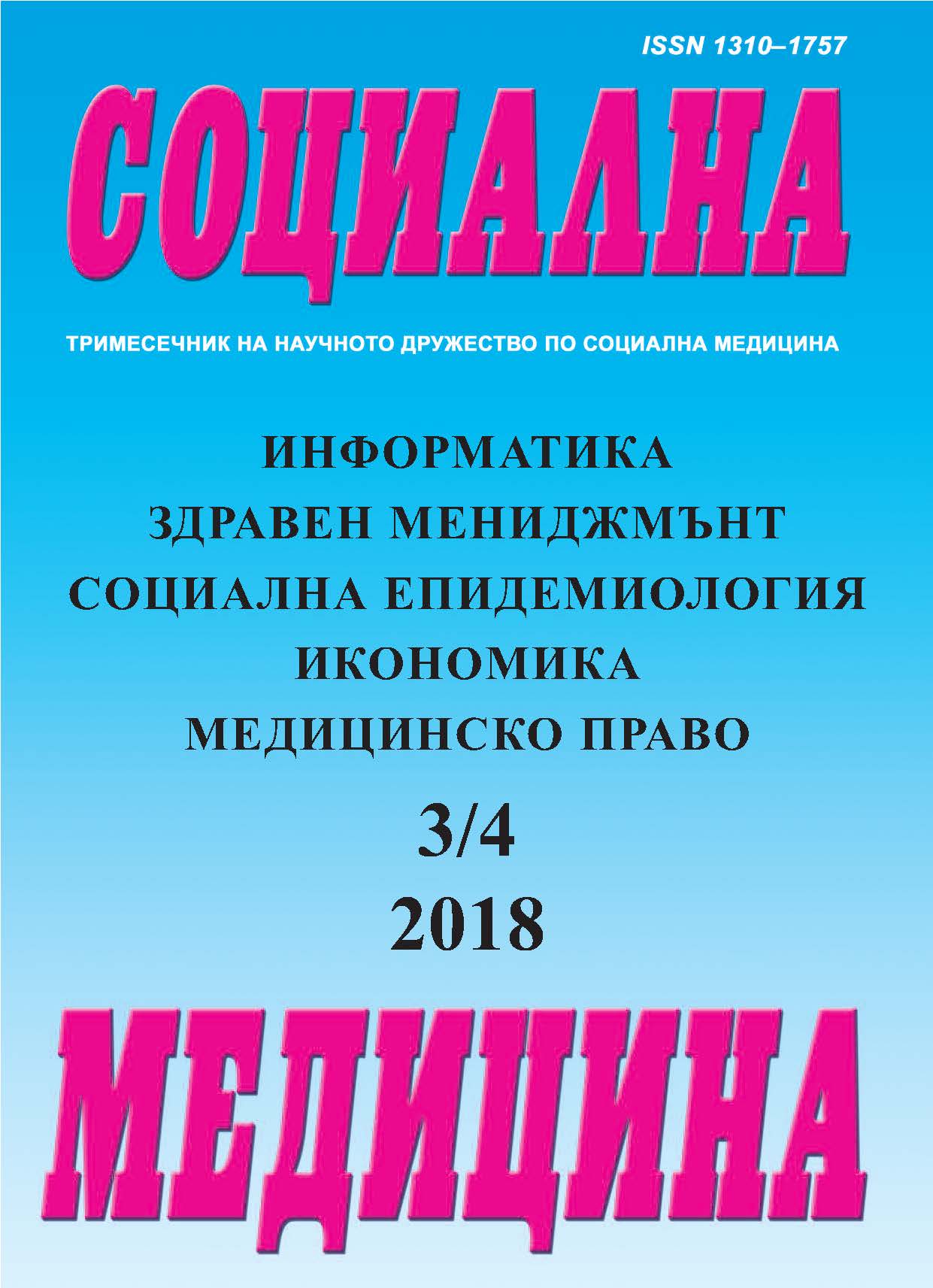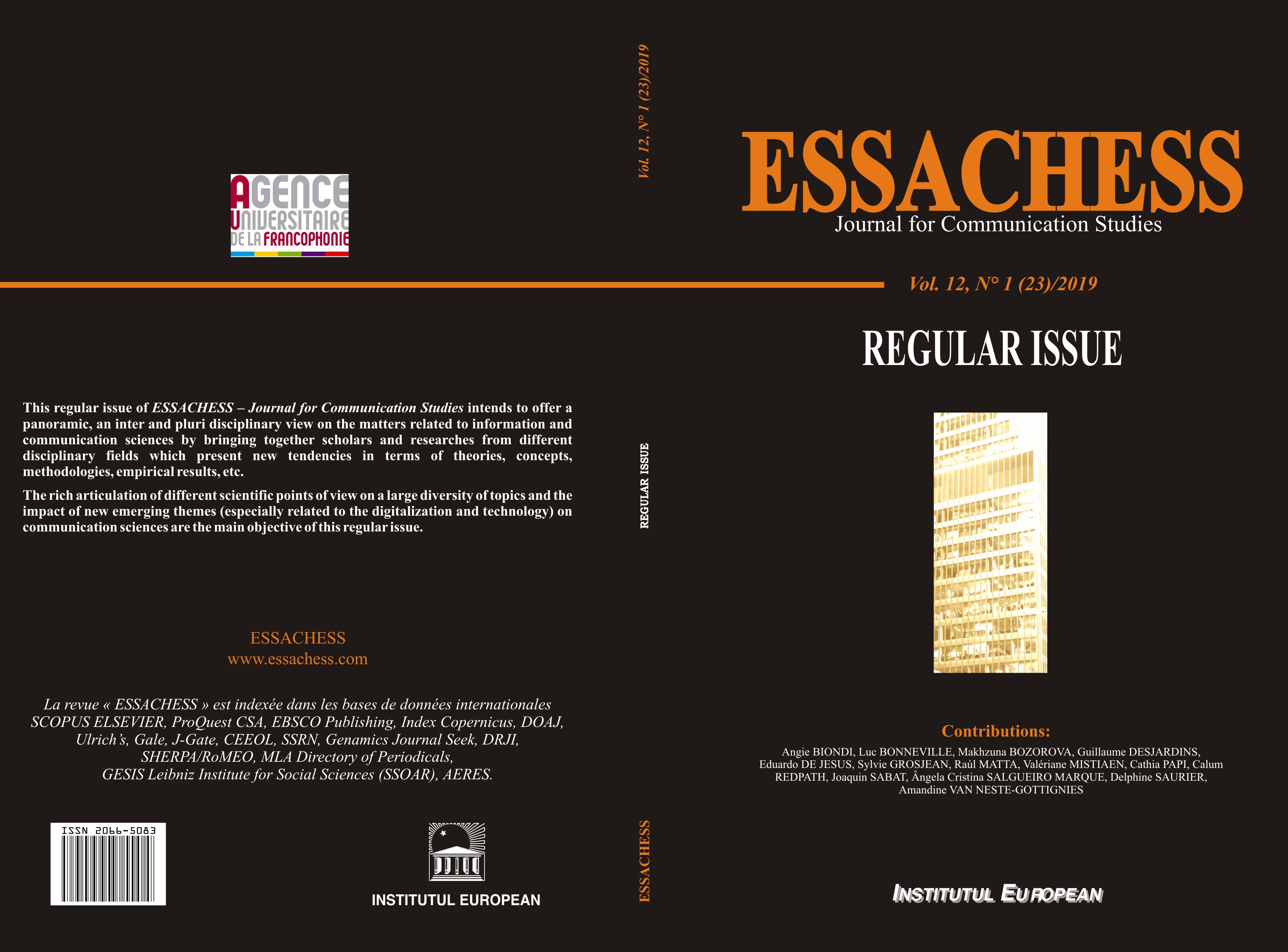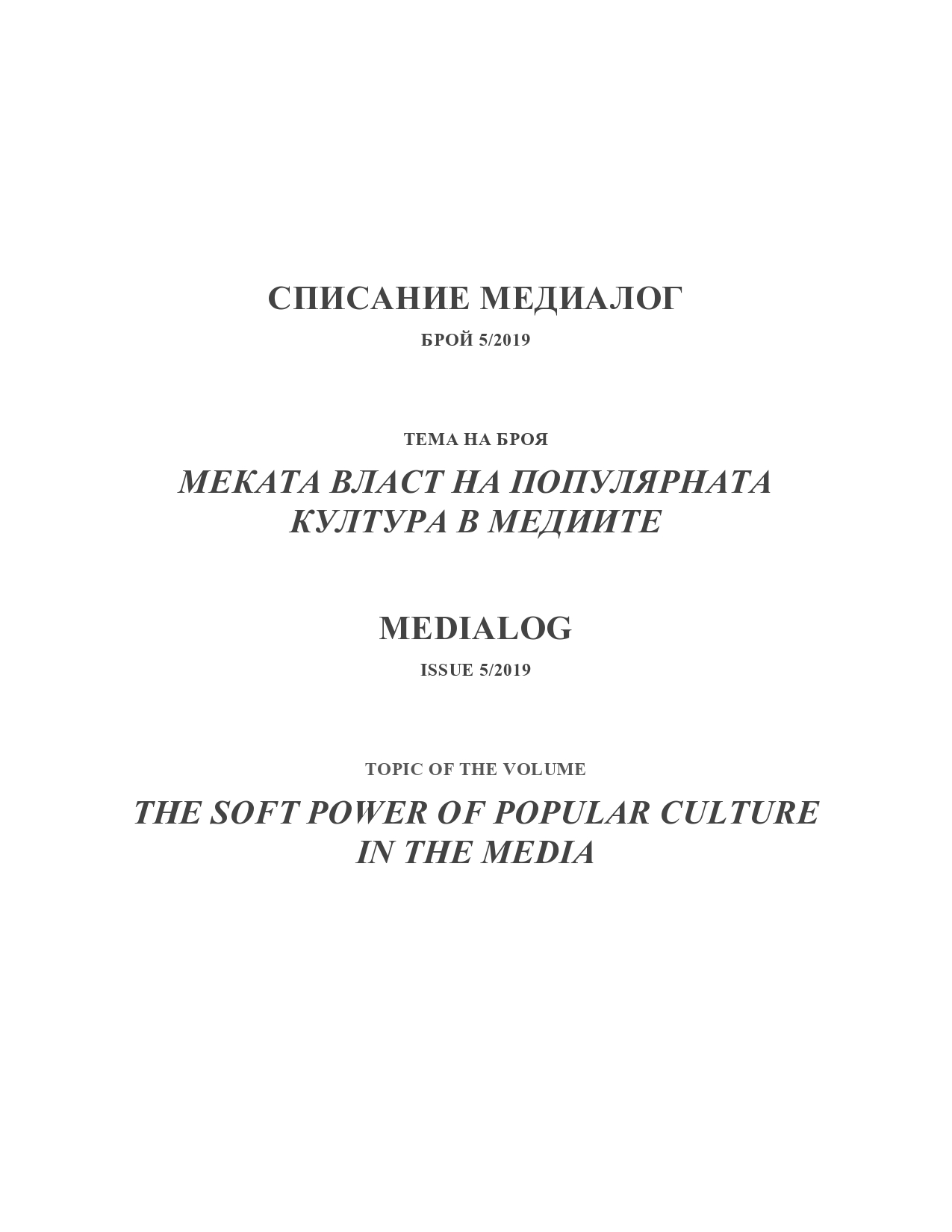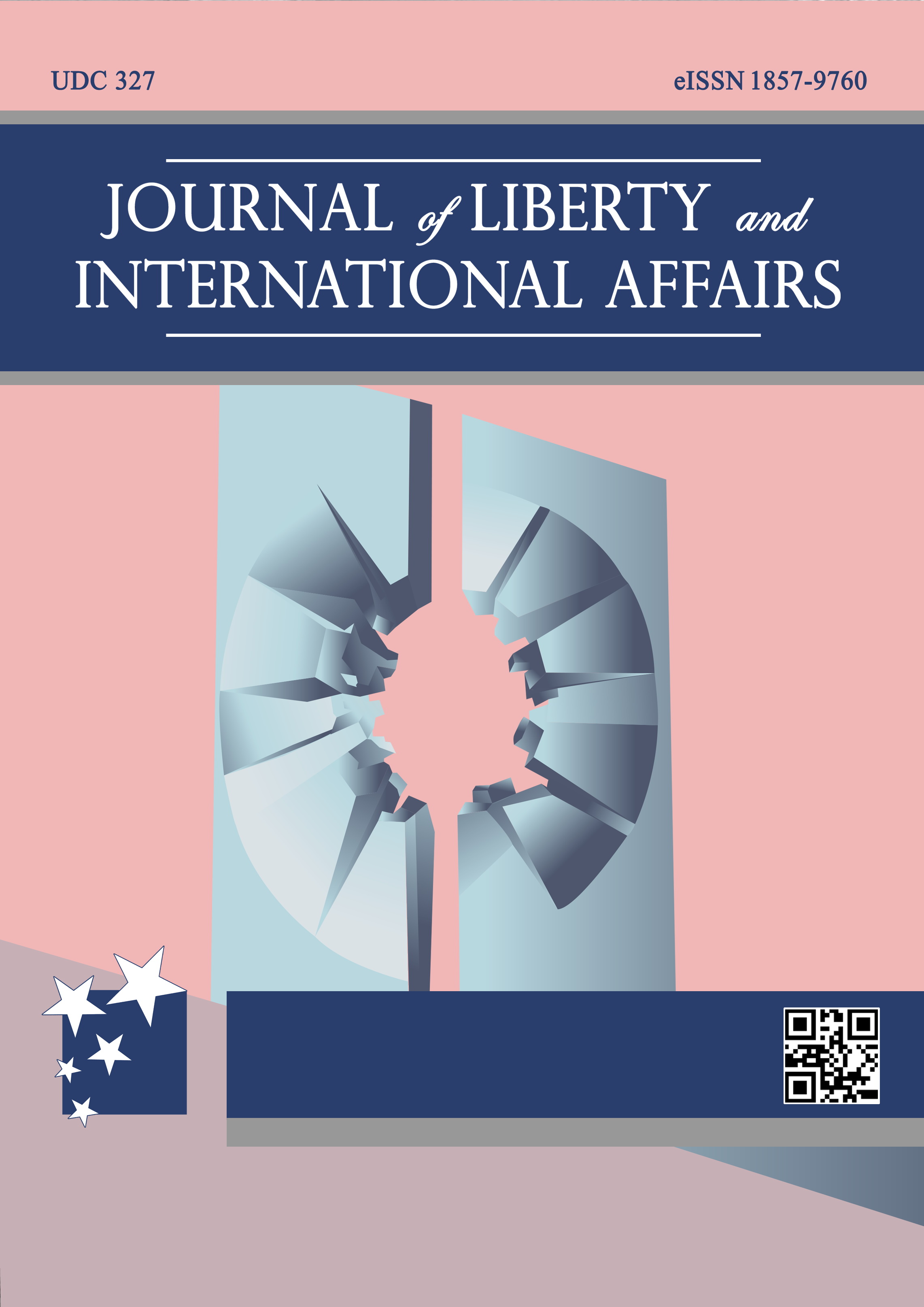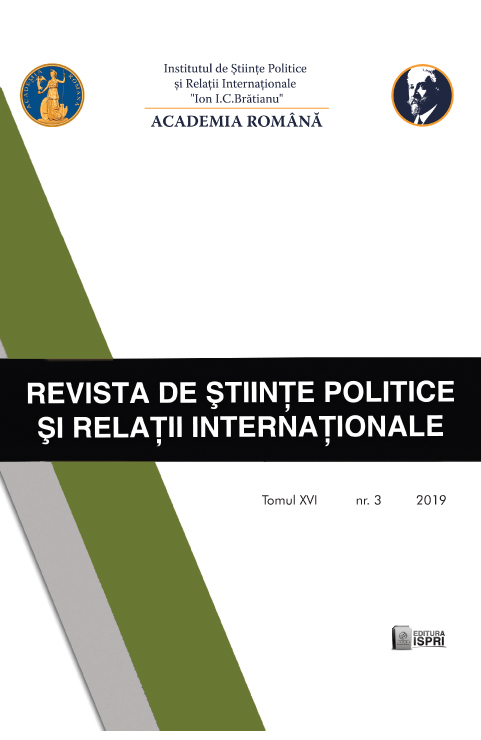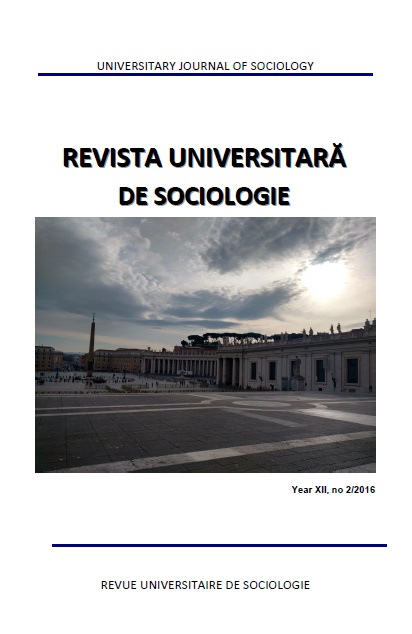
THE NEED TO ADRESS WORK-FAMILY CONFLICT FROM AN INCLUSIVE LABOR MARKET PERSPECTIVE
We intend to emphasyze in this paper the importance of studying ways of harmonizing the relationship between work and private life when labor market inclusion is desired.The Lisbon Strategy, The Treaty on the Functioning of the EU or the development strategy Europe 2020, promote as major priorities for sustainable economic development, research, innovation and education, developing an inclusive labor market (such as the inactive, in social risk situations, hard engageable to find jobs).These recommendations come as a result of current demographic context that characterizes the continent with growing imbalance between the working population and social assisted (aging populations, falling birth rate, migration, introduction of new technologies that replace human resource, etc.), which determines the necessity of allocating significant proportion of national budgets to social support systems, an expense which is becoming increasingly difficult to sustain.Before mentioned factors led the European Union to consider creating an inclusive labor market as an objective of its policies, noting frequently as barriers in achieving this established goal: access to employment for certain categories, return to work after an interruption caused by pregnancy, maternity , caring for a family member, cases of disease, and others.From this follows the need to address work-family conflict, in order to harmonize the two major spheres of our existence when we intend to realize the wish of an inclusive labor market.
More...
